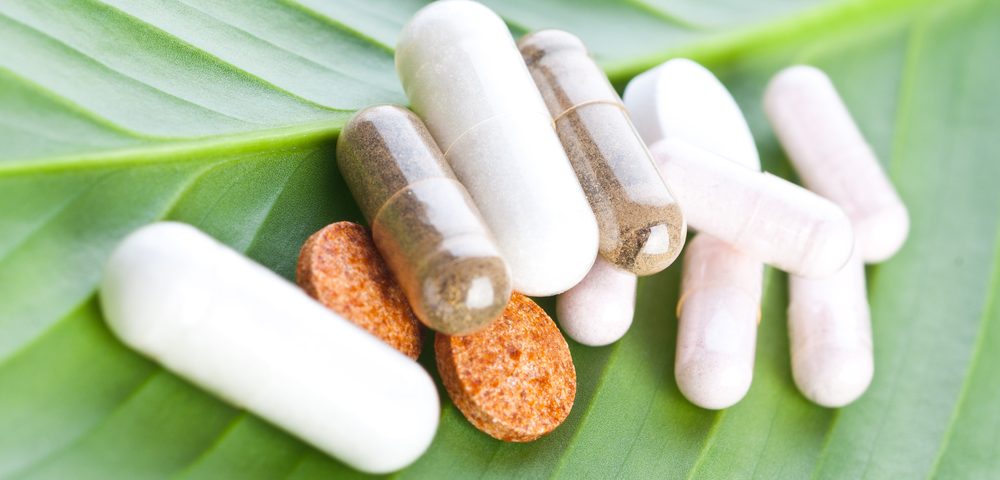A water extract version of Yongdamsagan-tang, a widely used traditional herbal treatment for inflammation and viral diseases, was seen to prevent the development benign prostatic hyperplasia (BPH) in rat models of the disorder, indicating a potential benefit in the clinical management of BPH.
The study, “Inhibitory Effect of Yongdamsagan-Tang Water Extract, a Traditional Herbal Formula, on Testosterone-Induced Benign Prostatic Hyperplasia in Rats,” was published in Evidence-Based Complementary and Alternative Medicine.
Yongdamsagan-tang (YST), also known as Long Dan Xie Gan Tang in Chinese and Ryutanshakan-to in Japanese, is a traditional medicine containing a mixture of many different herbs. Besides its most common uses, YST is reported to have immunomodulatory effects, reducing oxidative stress in animal models and improving the quality of life in patients with chronic prostatitis. The pharmacological effect of YST against BPH, a disease associated with cell proliferation and oxidative stress, has not yet been defined.
Researchers investigated whether YST water extract (YSTE) has a therapeutic effect against BPH in a testosterone propionate- (TP-) induced BPH rat model. The rats, injected subcutaneously with 10 mg/kg of TP every day to induce BPH, were randomly assigned to five treatment groups, with five animals in each group, and treated, in different regimens, for four weeks. Two of the groups were treated with 200 and 500 mg/kg/day of oral YSTE.
Researchers found that the prostate weight was significantly lower in the both the YSTE groups, although the body weight of the animals was similar across all groups. Treatment with this compound was also found to reduce the expression of proliferation markers and the abnormalities observed in the rats with BPH, and to lower the concentration of androgens (male sex hormones) in the prostate. Importantly, the effect of YSTE on prostate growth was independent of dosage used.
“These findings suggest that YSTE inhibits the development of BPH through antiproliferative and antioxidative activities and might be useful in the clinical treatment of BPH,” the researchers concluded.

